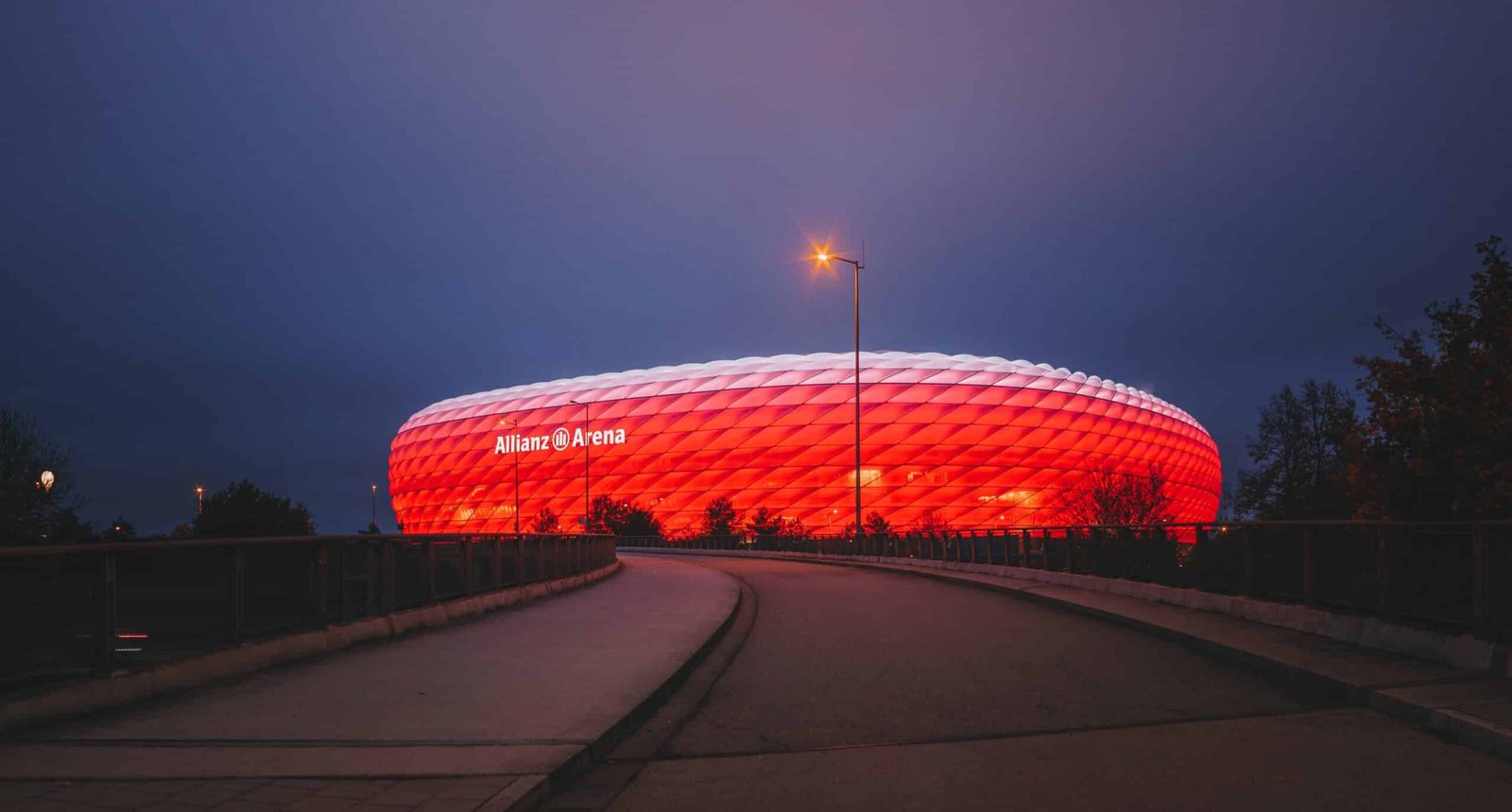Sports Stadium Naming Rights: A Strategic Branding Investment
May 4, 2023

May 4, 2023
In the realm of sports marketing, a steadily growing phenomenon is the acquisition of sports venues’ naming rights by companies. This practice, known as “naming rights,” allows a brand to associate its name with a symbol of sport, often the center of significant media attention. Emblematic examples include London’s Emirates Stadium, home of Arsenal FC, New York’s MetLife Stadium, shared by the New York Giants and Jets, and the Mercedes-Benz Stadium in Atlanta, home to the Atlanta Falcons.
Brand Awareness and Media Visibility
The first and most apparent motivation pushing companies to invest in stadium naming rights is the enormous visibility that comes with it. Each sporting event, every game, every media reference to the event, carries the stadium’s name, and consequently, the brand’s name. Naming rights serve as an exceptional brand awareness vehicle: they reach a broad audience, often globally, with a frequency and consistency few other communication channels can provide.
Take the Emirates Stadium, for example. Every time Arsenal hosts a home game, Emirates’ name is visible on thousands of tickets, countless television broadcasts, and newspaper articles. Moreover, during live game broadcasts, the company’s logo and name are continuously displayed, imprinted on the pitch, billboards, and many other stadium points.
Fans’ Reaction: Acceptance and Backlash
Despite the advantages in terms of visibility and brand awareness, acquiring stadium naming rights can also involve risks. The primary one is the potential negative reaction from fans, often attached to the stadium’s historical name and reluctant to accept change.
Indeed, a stadium’s name is often linked to a team’s history and identity and its fan base: changing it can be seen as an attempt to erase this history for purely commercial interests. This can lead to discontent among fans and, in some cases, protests and boycotts.
However, if handled correctly, even this hurdle can be overcome. A good strategy may involve engaging the fan community in the change process, seeking to create a sense of shared ownership and belonging. A positive example of this is the Mercedes-Benz Stadium in Atlanta, where the company also invested significantly in local charity initiatives, earning community favor.
In conclusion, acquiring sports stadium naming rights represents a highly powerful branding strategy that can yield impressive results in terms of brand visibility and recognition. However, like any marketing strategy, it requires careful planning and sensitivity to the specific dynamics of the context in which it is applied.
A Strategic Investment
Investing in stadium naming rights, although representing a significant financial outlay, can prove to be a winning strategic move in the long term. The return on investment can be manifold: on one hand, direct visibility is achieved through the brand’s constant presence at sporting events; on the other hand, the brand can indirectly benefit from association with the positive values of sport, such as teamwork, loyalty, healthy competition, and excellence.
Moreover, acquiring naming rights offers companies the opportunity to connect with a diverse audience, which often includes not only sports enthusiasts but also families and young people, potential consumers of the brand’s products or services.
The Future of Naming Rights
Looking to the future, it’s likely that the acquisition of stadium naming rights will continue to be a widespread practice in the sports world. Companies are always on the hunt for new opportunities to increase their visibility and strengthen their brand image, and naming rights provide a unique solution to achieve these goals.
However, as mentioned, companies will need to be mindful of fan reactions and try to balance their commercial interests with respect for the history and identity of sports teams. Only in this way can the investment in naming rights truly lead to a win-win scenario, where everyone – companies, teams, and fans – comes out on top.
Recent Posts
- Tailored Financial Solutions: The Competitive Edge for Growth-Driven Companies
- Content Marketing in Sports: The Truth About Storytelling
- The Body Remembers: How Sports Unlock Emotional Memory
- How to Use Sports Sponsorships to Reduce Business Taxes
- Injury Prevention: The Best Diet for Muscle and Joint Protection
Categories
Completely synergize resource is taxing relationships via premier are man niche markets. Professionally cultivate one to one customer.